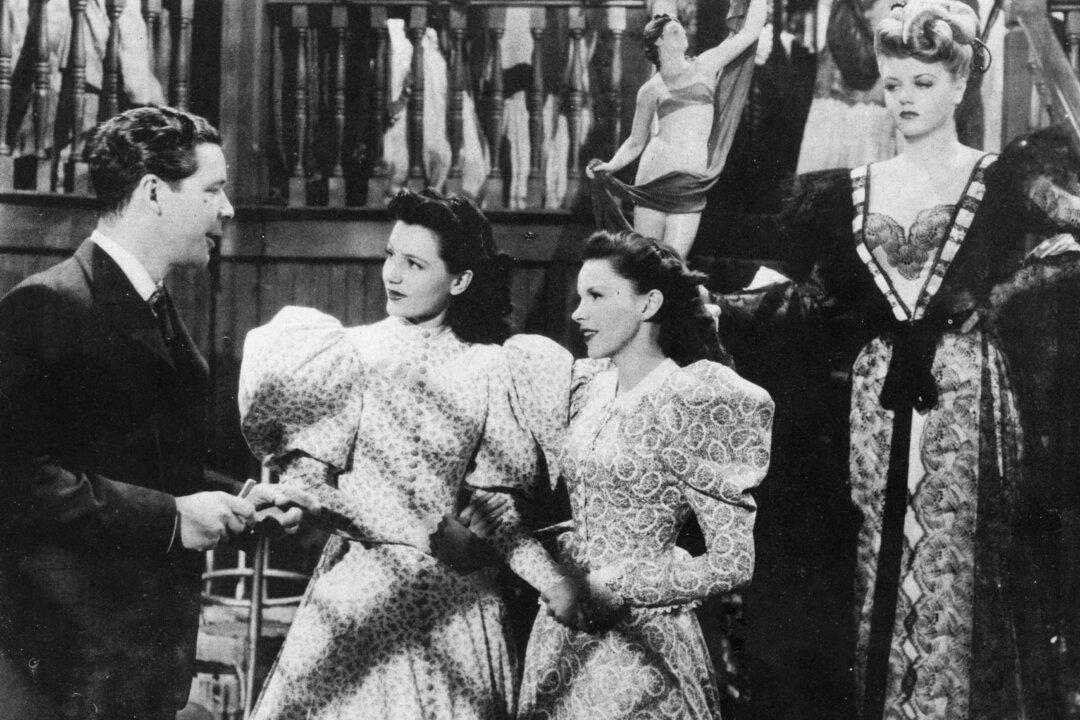Commentary
Mae West, the voluptuous, wisecracking blonde actress of the early 1930s, is quoted as saying, “When women go bad, men go right after them.” This quip is similar to the theory promoted by Sigmund Freud, the father of modern psychology that people are primarily driven by the carnal instincts of the flesh. However, neither the actress nor the psychiatrist gave human beings enough credit for their ability to rise above animalistic tendencies to a higher moral standard.





